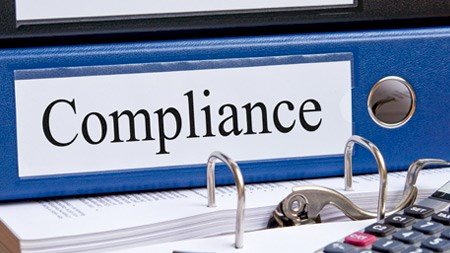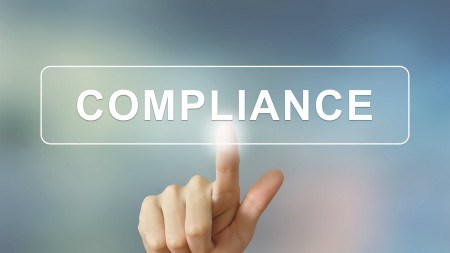Selling your house? You’re going to need a number of certificates of compliance before you do - and it’s just as well to get them done before you even put your property on the market.
Some of them (electrical certificates, electrical fence certificates) are required under national regulations; some (water certificates) under municipal by-laws; and some (beetle certificates) have become accepted practice - but, said Adrian Goslett, CEO of RE/MAX of Southern Africa, “having them all in order will ensure a smooth, hassle-free property transfer process.”
Electrical certificate
“It’s compulsory to be in possession of a valid Electrical Certificate of Compliance (ECOC) when selling your home” said Adrian.
This is a provision of the Electrical Installation Regulations which came into effect in 2009 under the Occupational Health And Safety Act (No. 85 of 1993).
Although the ECOC is valid for a period of two years, it’s only necessary to have the house inspected when it’s to be sold: you don’t need to have it done as long as you plan to remain in possession of the property.
Adrian said that the document “verifies that the electrical work and installations that have been completed on the property are up to standard in accordance with the regulations as required by the South African National Standards.”
While the certificate covers distribution boards, wiring, earthing and bonding of all metal components (include antennae and satellite dishes), as well as wall sockets, light switches and the isolators of fixed appliances, it doesn’t cover the fixed appliances themselves (geysers, stoves, motors, fans, under-floor heating.
Electrical Fence System Compliance Certificate
If you’ve installed electric fencing as a security measure, you’ll need an Electrical Fence System Compliance Certificate, too. This is a separate certificate since it falls under the provisions of a separate set of regulations: The Electrical Machinery Regulations of 2011 (also issued under the Occupational Health and Safety Amendment Act, No. 181 of 1993.).
Adrian noted, though, that the regulations don’t apply to electric fences installed prior to 1 October 2012 - unless you’re preparing to sell.
“As with an ECOC, this certificate is required where additions or alterations to the system have been undertaken, or when a change of ownership of the property takes place.”
He said that the system has to be certified by an approved installer and that, as with ECOCs, certification is valid for two years.
Water installation certificate
If your property is situated within Cape Town’s municipal area, you’ll need to know that the City’s Water By-law (which came into effect in 2010) requires you to be in possession of a Certificate of Compliance of Water Installation before the transfer can take place.
Adrian said that is designed to limit water wastage, and to protect buyers both from latent defect claims, and from high water bills due to leakages.
Amongst others, the certification covers the water meter (does it start registering when a tap is open, and stop completely when all taps are closed?); the correct installation of water cylinders; and the correct discharge of storm water (which mustn’t go into the sewerage system). It also ensures that the potable water supply is completely separate from any grey water or groundwater systems.
“It’s important for buyers to bear in mind that a water installation certificate is not a plumbing certificate, and that it doesn’t cover all aspects of the home’s plumbing - nor does it cover any leaks from waste or sewer water or drainage,” said Adrian.
Gas compliance
If your home’s fitted with gas appliances, you’re going to need a Gas Certificate of Conformity in order to comply with the Pressure Equipment Regulations of the Occupational Health and Safety Amendment Act (the regulations came into effect on 1 October 2009).
This certificate is valid for a period of five years. It certifies that your gas installation is in a safe, working condition, that emergency shut-off valves have been correctly installed, and that the system is free of leaks.
Beetle certificate
Not, not your membership of the fan club of THAT group from the 60s - and, like your choice in popular music, there’s no actual law that requires you to provide the buyer with a beetle certificate of clearance which shows that your property has been inspected and found to be free of the bugs that attack structural timber.
But it does show that you’re serious.
“The beetle certificate has become standard practice, and it’s often a condition written into the sale agreement in coastal areas, although they it isn’t usually required for sectional title properties, or where the property is situated inland where beetle and woodborer problems are less common,” said Adrian.
But, he said, many banks and insurance companies will require a beetle clearance certificate when a property is transferred to a new owner.
“Sellers should try to be as prepared as possible and get all the necessary documentation in place before putting their home on the market,” said Adrian
“This will ensure that you have less to worry about during the sale process.”



